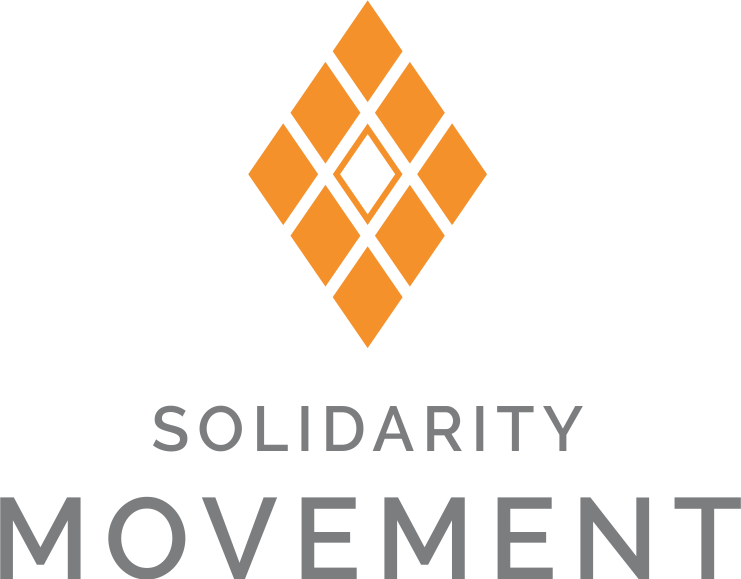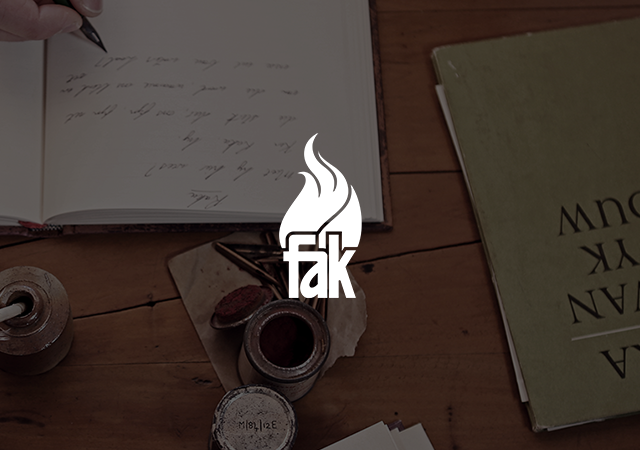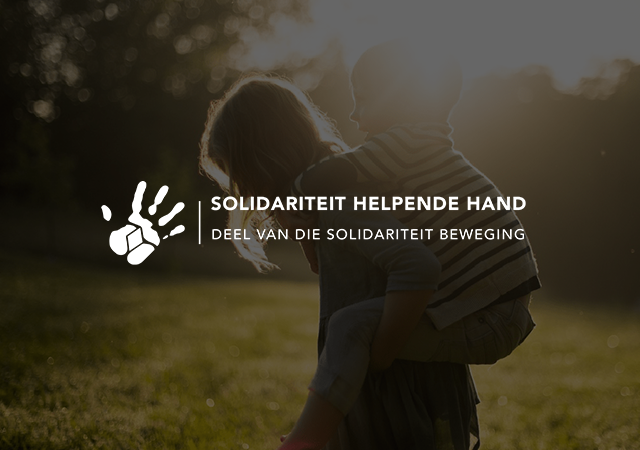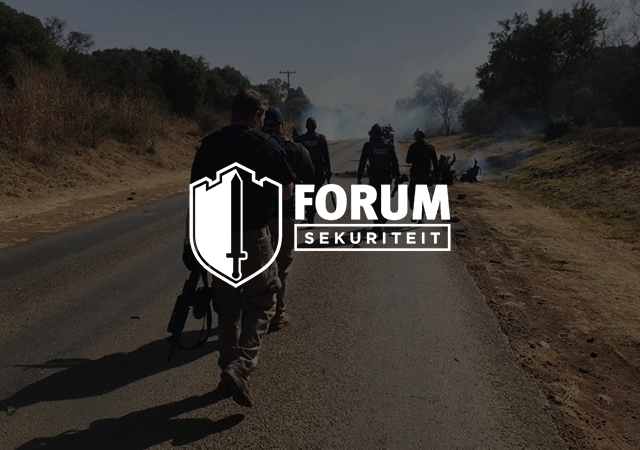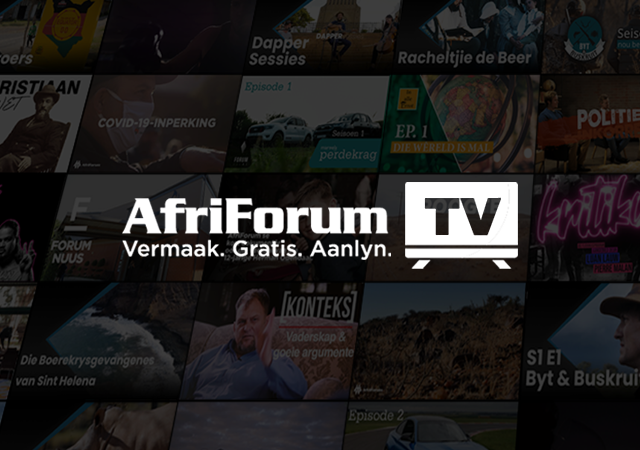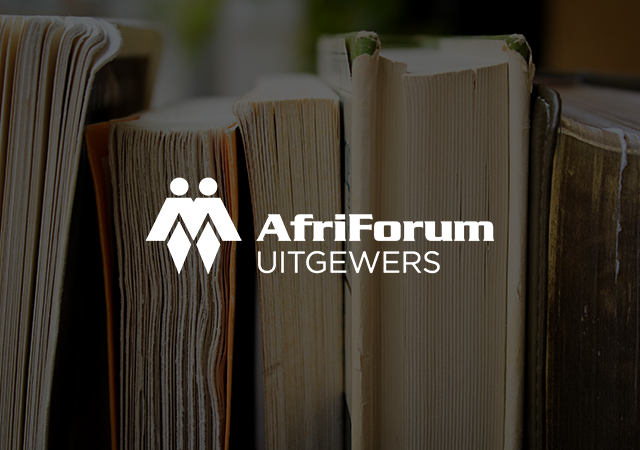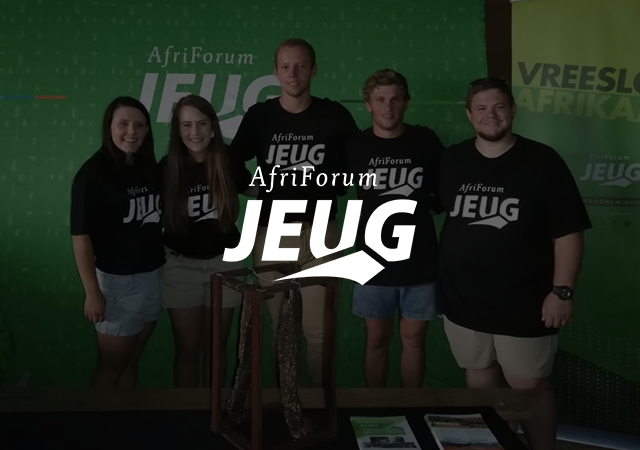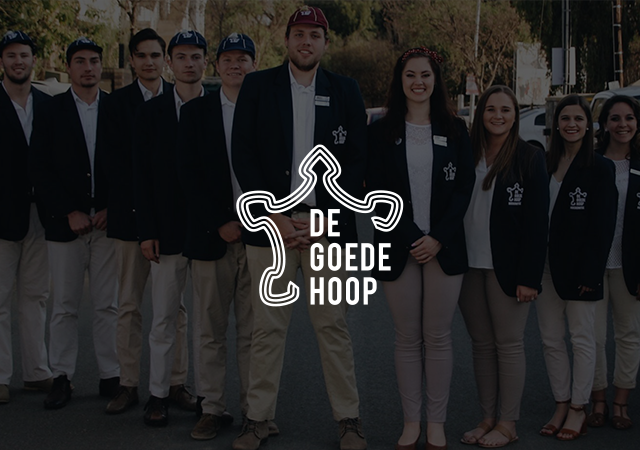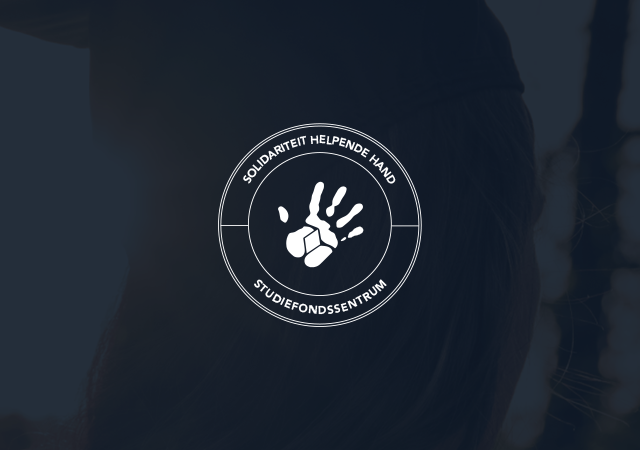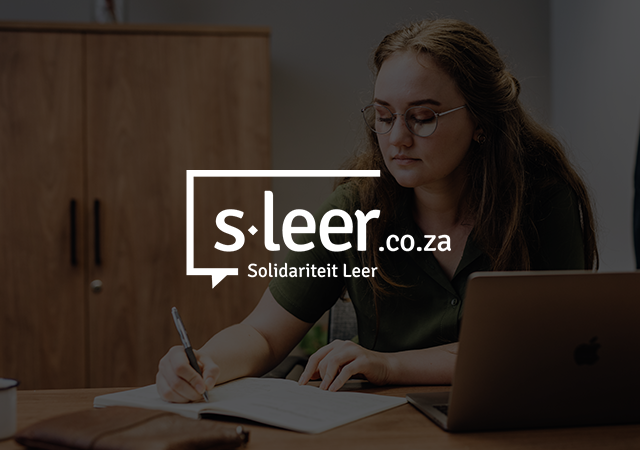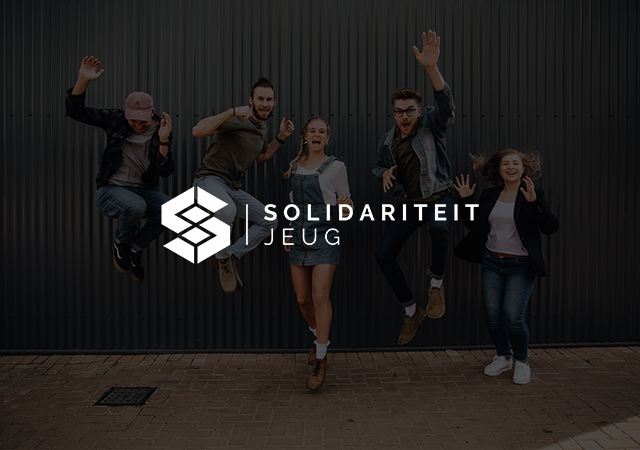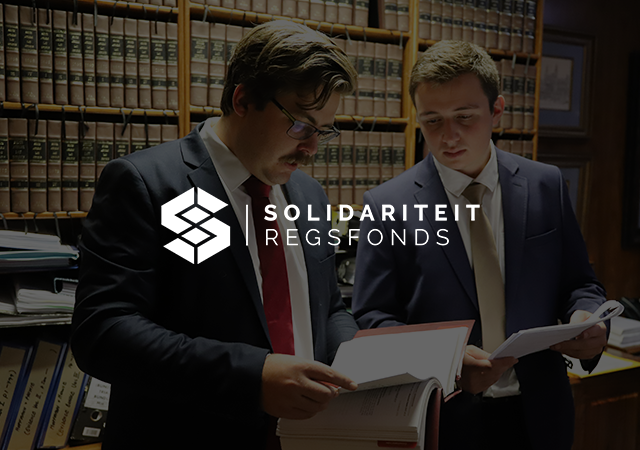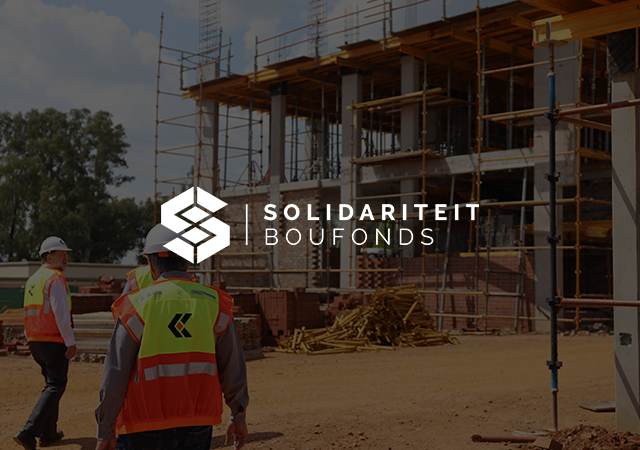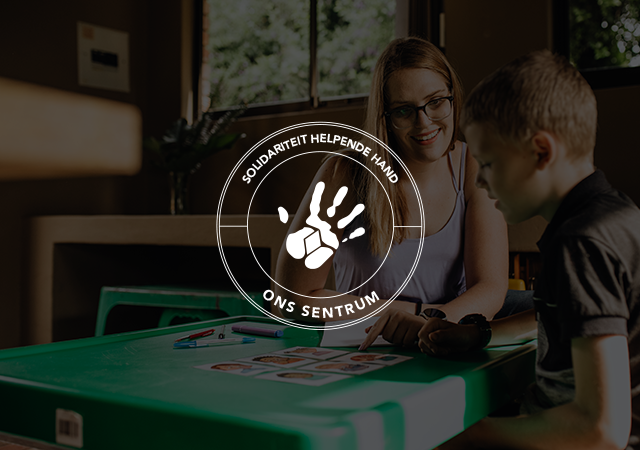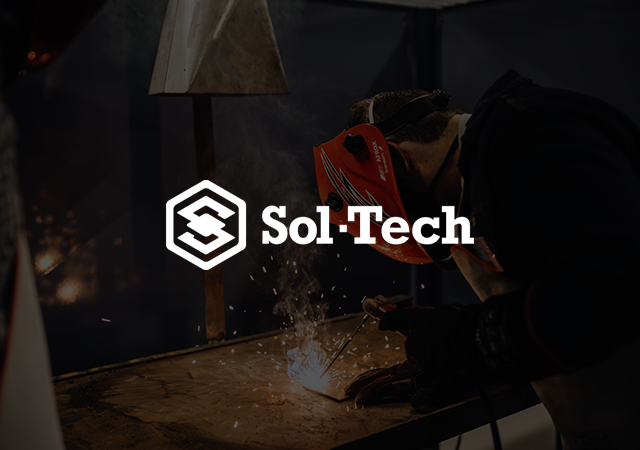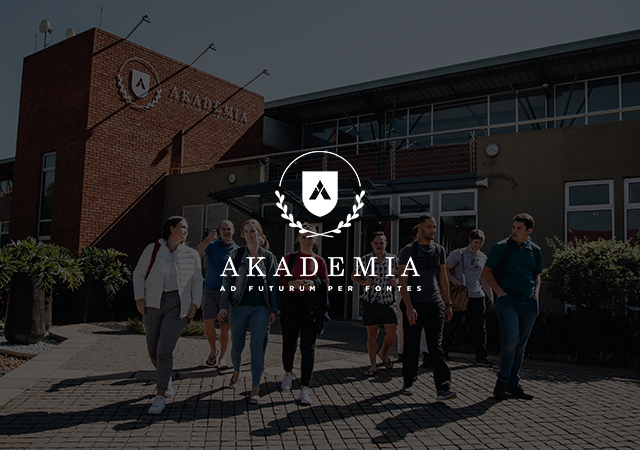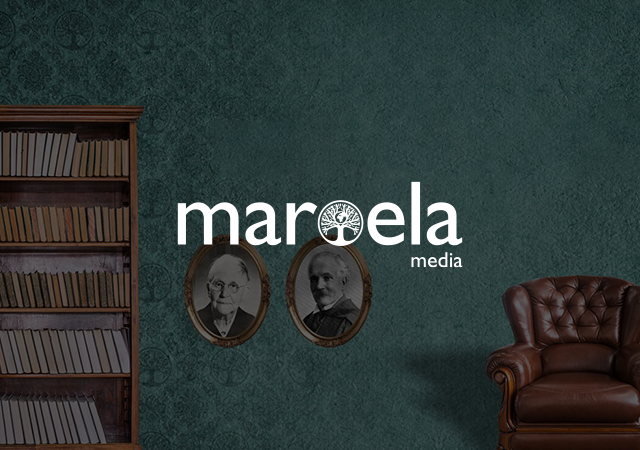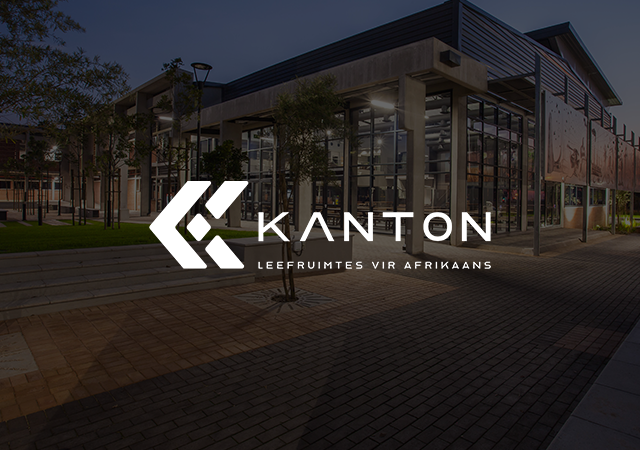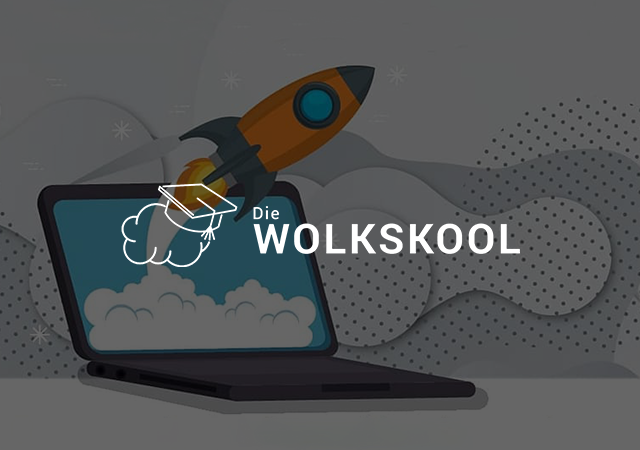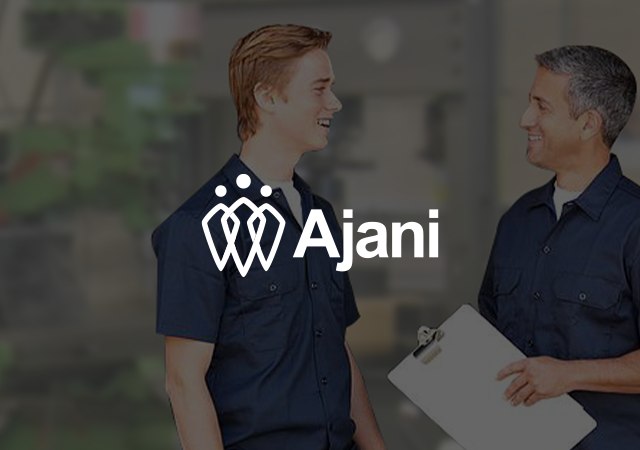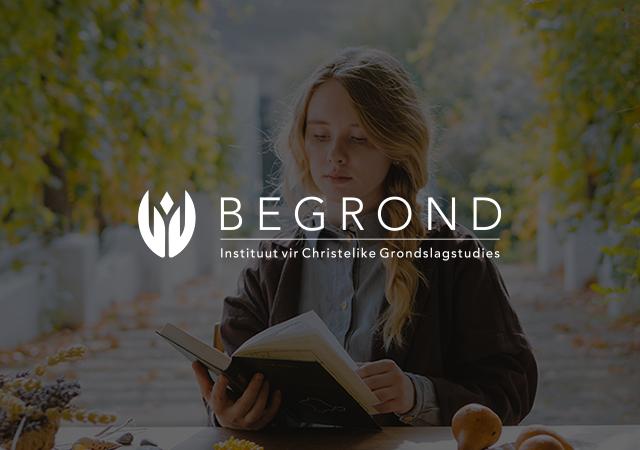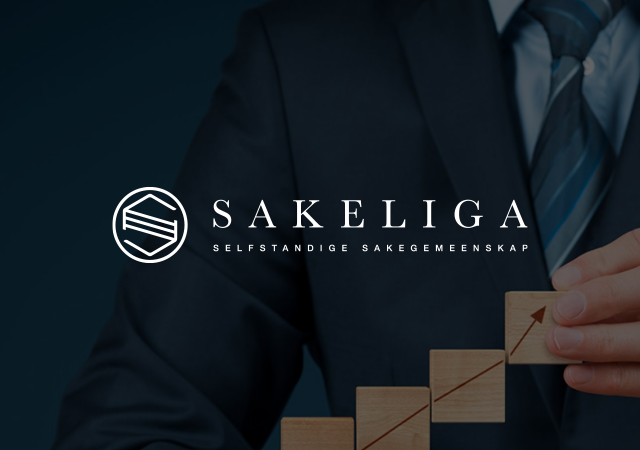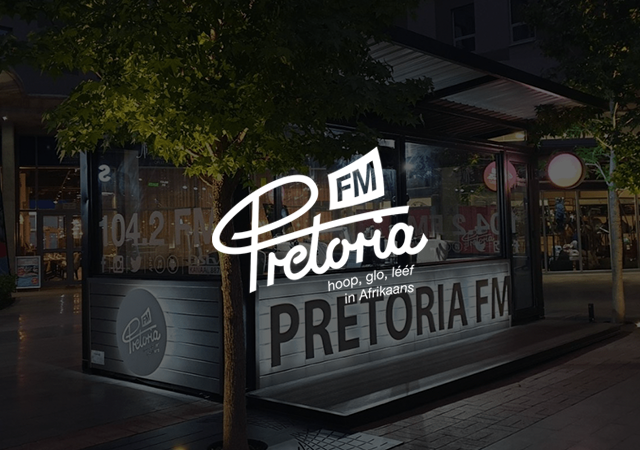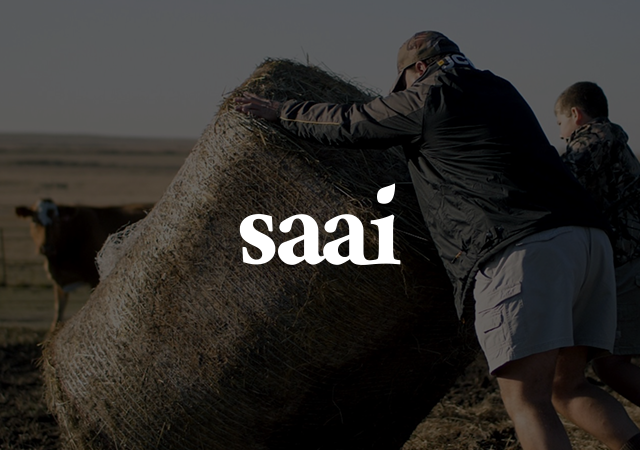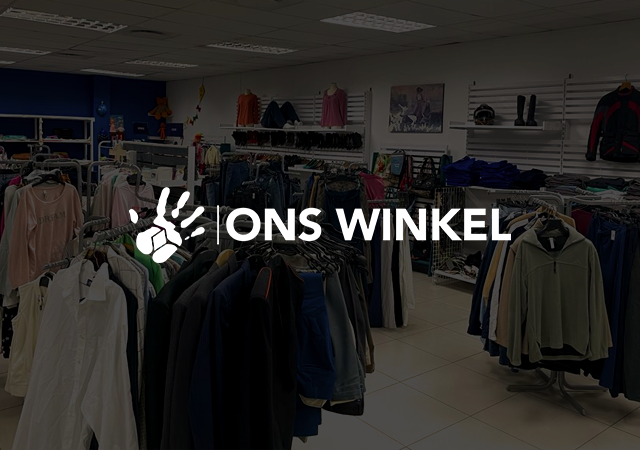On 14 January South Africa celebrated the matric results of the Grade 12 class of 2024. Basic Education Minister Siviwe Gwarube announced that the class of 2024 obtained a pass rate of 87,3%. This percentage is quite significant measured against last year’s pass rate of 82,9%. More than 615 000 learners passed the exams in 2024. According to BusinessTech, this is the highest in South Africa’s history.
However, the pass mark for school subjects at matric level is 30% and 40% for subjects such as Maths and languages. Some feel that a pass mark this low is hardly something to celebrate. The bachelor pass for students to apply for university studies is only 47,8%.
Furthermore, the Department of Basic Education remains silent about the significant number of learners who had dropped out of school before they could write their final exam.
According to BusinessTech, one of the opposition political parties, Build One South Africa (BOSA), calculated the “true matric pass rate” by taking into account the number of learners who dropped out of school or otherwise never made it to matric, and thus arrived at a pass rate of 50%, which is much lower than the one announced by the Department.
AfriForum writes in a statement: “According to the Department’s technical report, the number of matriculants who wrote the exam is 36% less than the number who were in Grade 1 in 2013.” To find employment without a matric certificate is a challenge and it has a detrimental effect on South Africa’s economy.
According to Alana Bailey, AfriForum’s Head of Cultural Affairs, the Department of Basic Education’s performance and ability to improve remain an obstacle. “The findings of international performance measurements such as the Progress in International Reading Literacy Study (PIRLS) and the 2024 Trends in International Mathematics and Science Study (TIMSS) prove that most South African schools are performing too poorly to be internationally competitive at all. This will create major challenges for the country’s economy and social stability in the future.”
In contrast, Afrikaans medium schools have once again achieved outstanding results and count among the top performing schools in Gauteng. The reason for this success has nothing to do with privilege, previous advantage discrimination based on language, or admission as some authorities claim to be the case, but is simply mother tongue education. Research shows that students achieve better results when they learn in their native language.
Mother tongue education and the BELA Act
The issue of mother tongue education surfaced strongly in recent debates on the Basic Education Laws Amendment Bill (BELA), which has since been enacted and is now the BELA Act. Solidarity believes that it is time to reassess the education system, but the implementation of sections 4 and 5 of the Act, dealing with a school’s language and admission policy is not the answer to South Africa’s education problems.
Afrikaans home language speakers have the opportunity to attend school and complete their school education in Afrikaans, their native language, in contrast to the majority of South African learners who can attend school in their native language such as Sotho or one of the other African languages only up to Grade 3, after which they are forced to continue in English. Research shows that more than 80% of children in South Africa are taught in a language other than their mother tongue. This is rather problematic and contributes to South Africa’s poor performance compared with international competitors.
To suddenly force Afrikaans learners to be taught subjects such as Maths and Science in their second language, and teachers to teach in a language they have not been trained in, would depreciate and destroy a functional system.
According to a research report on the 2024 matric results issued by the Solidarity Research Institute (SRI), more than half of the matric respondents whose home language is Afrikaans want to continue their studies in Afrikaans. There has been an increase in this need since the release of the report in 2023. Mother tongue education is a factor that will contribute to the successful completion of tertiary courses.
The government should focus on developing policies that support mother tongue education, rather than forcing the 5% of Afrikaans medium schools in the country to convert to English medium schools. If all learners in South Africa could study in their home language, South African schools might reach, or even surpass, international standards.
The Solidarity Movement’s educational institutions
The last few years saw controversy and conflict at universities about Afrikaans on campuses, and now the BELA ACT is endangering Afrikaans schools too.
The Solidarity Movement identified the need for Afrikaans mother tongue education, also at tertiary level, and started to establish academic institutions where students can study in their home language without concerns that Afrikaans may be at threat. Flip Buys, chairperson of the Solidarity Movement, says these institutions have not been established just “because we thought it would be easy,” but rather because it is vital to have stable Afrikaans institutions.
The Solidarity Movement has proudly established three tertiary educational institutions, Sol-Tech, Akademia and Bo-Karoo Opleiding (BKO), the latter in Orania. The Solidarity Support Centre for Schools is establishing a new, independent Afrikaans school, Gimnasium Pretoria, which will serve as a model for independent Afrikaans schools in the country and will promote Afrikaans mother tongue education.
Sol-Tech
Sol-Tech is an accredited, private vocational training college founded on Christian values. It uses Afrikaans as medium of instruction.
Sol-Tech focuses on vocational training that leads to the attainment of nationally recognised, practical qualifications. Its goal is to help young people realise their career goals through purpose-specific training.
Sol-Tech students are automatically more employable as they receive training of the highest quality and are equipped with new knowledge and skills. By producing highly trained and employable artisans Sol-Tech helps address the shortage of qualified artisans being experienced in the country.
Akademia
Akademia is a Christian and independent higher education institution vested in the classical tradition of universities, and has its roots in the Afrikaans language and cultural communities.
The institution aims to provide an academic home where both the mind and the heart are shaped with a view towards a free future. Akademia consists of five faculties and offers two teaching models along with various programmes.
By 2028 Akademia plans to have a comprehensive residential campus in the east of Pretoria, accommodating 5 000 full-time undergraduate students and 1 500 postgraduate students.
The institution also intends to expand the full-time campus model to the Western Cape by 2026. Akademia already has a presence in the Western Cape through centres in George, Paarl and Somerset West. These centres are used by students studying via Akademia’s part-time distance learning model.
Bo-Karoo Opleiding (BKO) and Gimnasium Pretoria
Bo-Karoo Opleiding is a practical craft institution (similar to Sol-Tech) in Orania that offers courses like agricultural management, infrastructure, construction and home-based care.
Gimnasium is a private school, and the name reflects a classical Western and Protestant heritage. At Gimnasium, child development will be the main focus and signifies a close connection with Akademia as a leading tertiary educational institution. The school is currently under construction and phase one will be completed in 2026.
Akademia and Sol-Tech have reached full capacity this year, and BKO has welcomed a new record number of students wanting to study in agriculture-related fields. The success of these institutions shows just how much mother tongue education is valued and contributes to producing qualified young people who can enter the workplace and contribute to the economy.
